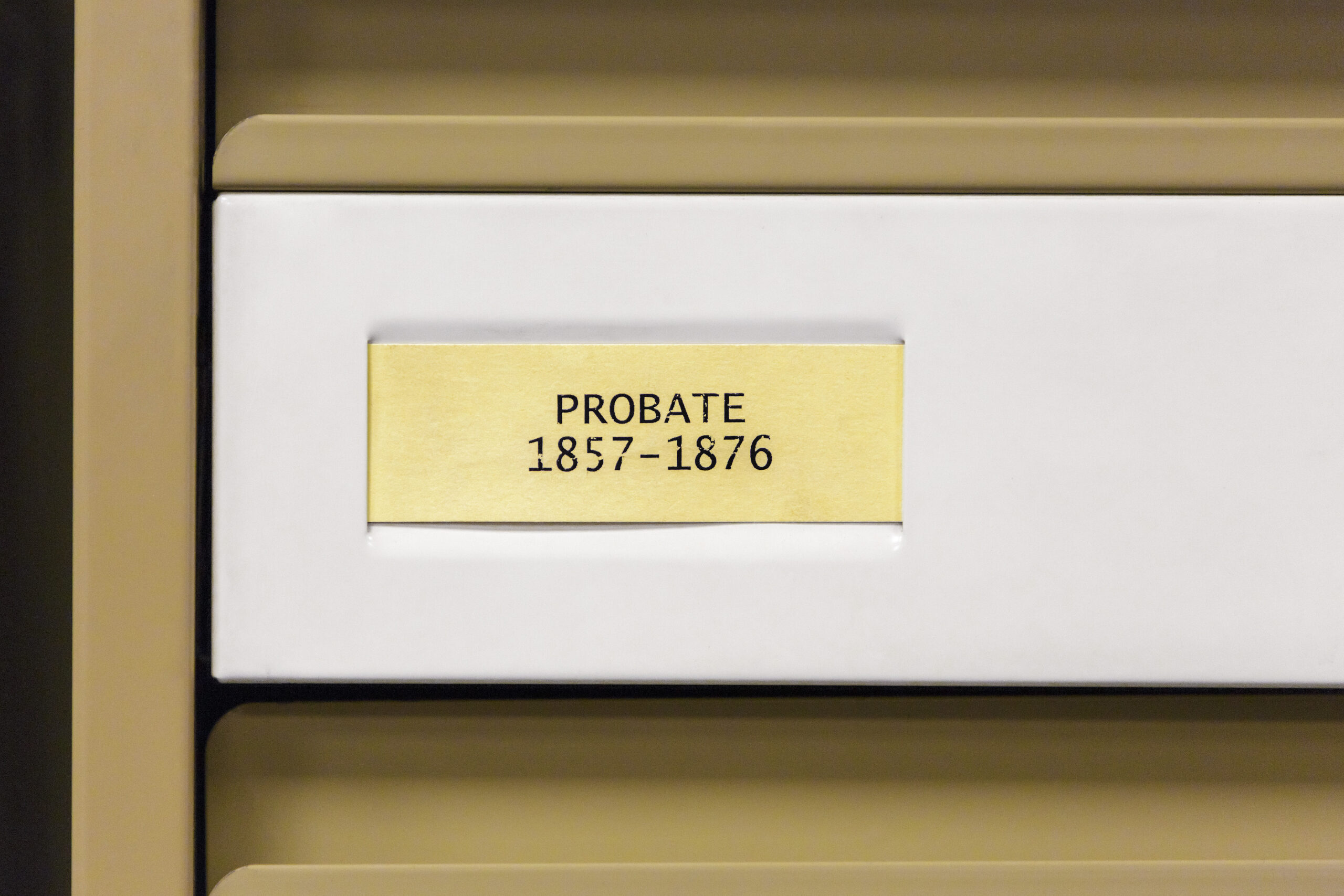With access to online information and ever growing awareness of genealogy thanks to television programmes have led to an influx of amateur ‘heir hunters’ looking to make some easy money by cheating their clients into believing they are entitled to heaps of money.
As probate researchers, we search people who have died ‘intestate’ – without leaving a will – matching their unclaimed estates with lost relatives. If there is the event where no heir is found, the assets then becomes property of the crown.
This ease of accessibility has resulted in inexperienced firms, and one-man operations and even retired couples working out of their front rooms joining the business and affecting long-established firms who have a wealth of experience in the industry. These rogue heir hunters often contact clients to make some ‘quick cash’ resulting in poorly conducted research and in some instances, the client at a loss.
The below story published by The Telegraph goes to show the importance of ensuring you use a trusted source and conduct background research on the company before you sign anything.
Mary-Anne Griffiths, 60, lost her share of an inheritance when a fraudulent heir hunter, Daniel Bates, walked away with around £10,000 of family cash. Bates approached Mrs Griffiths, a PR consultant, in 2013 and said she and five of her cousins were entitled to the estate of an unknown and distant cousin.
The family agreed that he would administer and distribute the estate, allowing him to take a 25pc cut, but later discovered that Bates simply kept the money for himself. After several months of ignoring phone calls and emails, along with attempts to stall with excuses about the complexity of the case, Bates cut off all contact with the family.
Eventually, the police contacted Mrs Griffiths and her cousins and told them that Bates was under investigation for fraud. Bates’s criminal activities were widely reported last year, when he received a two-year prison sentence for cheating 19 people out of almost £100,000 with his heir-hunting scam.
“We were naturally suspicious from the start and we were approached by a number of firms,” Mrs Griffiths said. “But when we couldn’t see anything to distinguish him from the other heir hunters, we agreed to take him up on his offer.”
She said she had recently received a letter from the courts informing her and her cousins that they were entitled to receive several thousand pounds from money recovered from Bates. She added that they would receive only a portion of what they would have inherited originally.
Mr Birchwood said such practices were giving the industry a bad name and that people needed to know what questions to ask if they were approached by anyone claiming to be an heir hunter to avoid being ripped off.
He said anyone told they were in line for an unexpected inheritance should question their relationship to the deceased and whether there was the likelihood of closer kin elsewhere. They should check that the researcher is insured in case someone with a superior claim to the estate is found later.
People should also ask for a clear explanation of the charges and should not accept any fees on top of an heir hunter’s percentage take. – The Telegraph
Larger, established firms would be insured against the likelihood that a closer relative could come forward at a later date to ask for their inheritance, whereas these, one-man research companies simply do not qualify for insurance, leaving everyone exposed if a closer heir is found later.
With the ever growing popular interest from television, the unpoliced industry is better known now than it has ever been.
With this in mind, Neil Fraser set out to find a way to regulate the probate industry and APR (Association of Probate Researchers) was formed in June 2016 as a voluntary, self-regulatory body which aims to raise standards and to offer protection to beneficiaries from hobby genealogists and enthusiast amateurs. APR protects consumers (beneficiaries) from firms and individuals who believe that, after having watched the TV series, they can become probate researchers with very little or no legal training and experience. APR is also a recognise body under the PPR (Professional Paralegal Register), to now benefit its members, allowing them to hold a PPR practising certificate whilst they follow APR and PPR guidelines.






 EXPLORE
EXPLORE